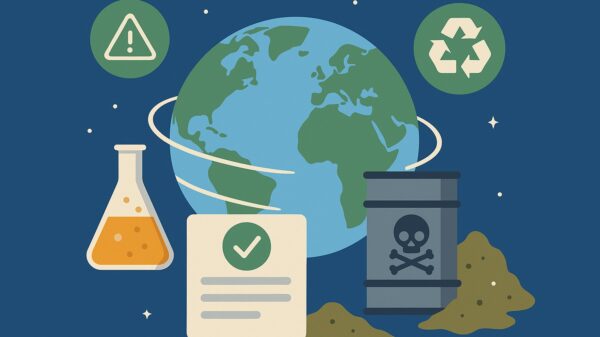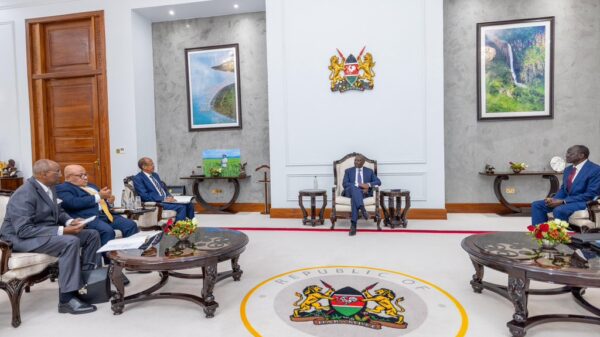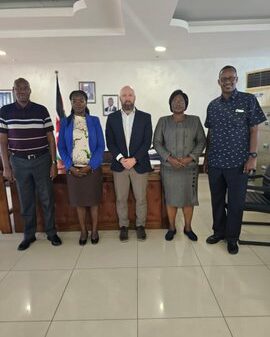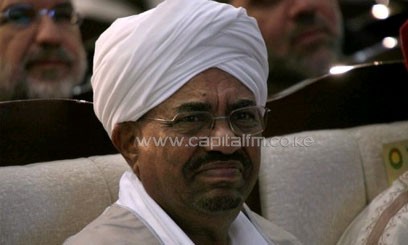Activists also say the government’s crackdown, which involved the powerful National Intelligence and Security Service, was a factor in suppressing public dissent.
Amnesty International and Human Rights Watch said scores of peaceful protesters were arrested.
Sudan’s economy worsened in subsequent months, with inflation exceeding 40 percent, yet no mass movement emerged.
“We haven’t gotten to the point where people are starving in the streets yet,” the businessman explained.
Protests over various issues since then have not been sustained as they were in June and July last year.
“We cannot say that there were ‘demonstrations’ against the government. Only a few people,” says Rabbie Abdelatti Ebaid, a senior NCP official.
“There is no concrete reason for demonstrations.”
The Haq activists, who cite diverse inspiration from the French Revolution to the militant Femen women’s group known for its topless protests, say many Sudanese see political activism as a luxury.
Their focus is on getting enough to eat – or on emigrating from the country where estimates of unemployment exceed 30 percent, one activist said.
Too many Sudanese lack an analysis of why they are suffering, according to the activist who sees “a crisis of consciousness” that helps to explain the lack of widespread anti-government action.
At the same time the government has divided the political opposition and the broader society on tribal and other lines, activists say, adding that the ruling group itself is now fracturing.
“The regime is so weak and so isolated and hated by everybody,” said the veteran activist, who too asked not to be named for security reasons.
Ebaid of the NCP rejects such charges and says the party represents diverse points of view.
“We are not (a) one-man show. Even for me, sometimes I say something different within the political bureau of the NCP, and sometimes I find supporters and sometimes I don’t.”


































